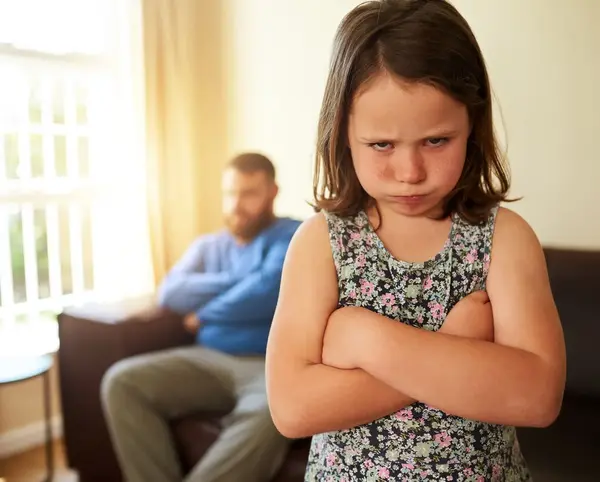Behavior & Development
Grounding Kids: Reasons, Side Effects, and Effective Ways to Do It

Grounding Kids Effectively: A Guide for Parents
Grounding kids effectively helps teach responsibility, discipline, and the consequences of actions. This technique involves limiting a child’s privileges for a set time, allowing them to reflect on their behavior. However, how parents ground their kids can significantly affect the outcome.
Why Grounding Kids Is Important
Grounding kids is typically used when they show disobedience, disrespect, or engage in inappropriate behavior. It helps reinforce boundaries, ensuring children understand actions have consequences. However, grounding needs to be done mindfully, with clarity on why it’s necessary, to avoid emotional harm.
Tips for Grounding Kids Effectively
- Set Clear Boundaries
Explain the reason for grounding in a way your child can understand. For instance, if they misbehave, make sure they know the specific actions that will lead to consequences. - Keep It Short and Specific
Long-term grounding can be counterproductive. Instead, set short, clear time frames for when they will regain privileges. This avoids confusion and teaches them to correct their behavior within set limits. - Encourage Communication
Start a conversation with your child about their actions. Let them share their perspective, which can help them reflect on their behavior and avoid repeating it. - Be Compassionate
Ensure that the punishment fits the crime. Excessive grounding or grounding without cause may lead to resentment or anxiety in children, undermining the effectiveness of the approach.
Conclusion
Grounding kids effectively requires consistency, empathy, and clear communication. It’s important to use this technique with intention, ensuring it’s a learning experience rather than a punitive one. Remember, the goal is to guide your child toward better behavior, not to punish them indefinitely.
For more insights and tips, explore more news on this website.